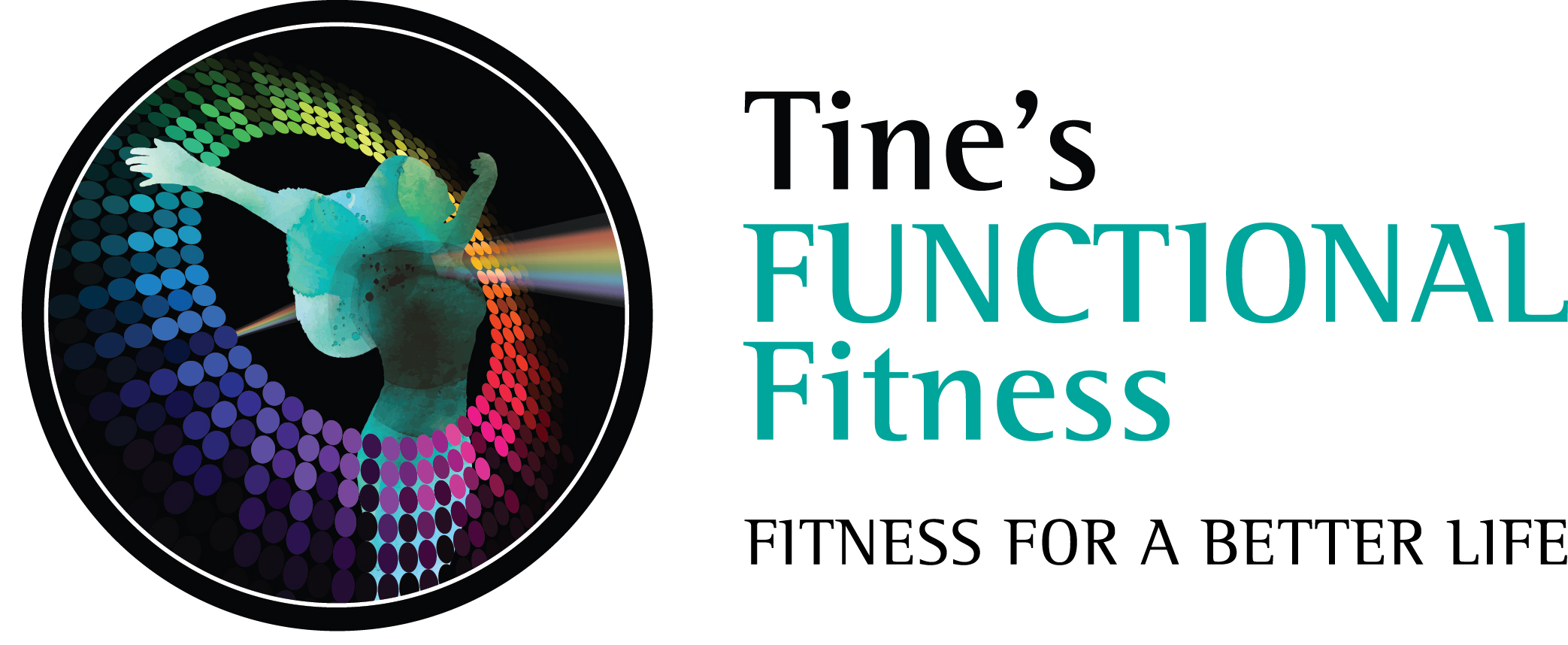The health and wellness industry and the medical model are all over the map when it comes to nutrition and counting calories. Nutrition advice ranges from “high-fat diets being the superior diet to fuel your body” to “high-carb diets are actually better for heart health” and all sorts of crazy claims in-between such as “sugary drinks are not linked to obesity and diabetes”.
You can find a study supporting any and all claims out there making it nearly impossible to sort through. When it comes to weight loss, the health and fitness industry in particular, is stuck on counting calories and macros. I’ve witnessed countless trainers and health professionals accuse their clients of lying or cheating when they are following the calorie/macro goal their trainer set and are still unable to lose weight. How many of you have seen these meme (or something similar)? I believe it’s really important to educate your clients on nutrition but assuming they are lying or cheating and calling it out is not the way to do it.
I’m here to tell you that nutrition, weight loss, and health is not as simple as calories in vs. calories out. I know some die hard meat head is dying to prove me wrong right now but stay with me for a moment. What most trainers overlook, and it’s not always their fault, is that mental health, emotional health, hormone imbalances, the presence of disease, environmental exposures, current level of physical fitness, and nutrition all play a factor in an individual’s ability to lose weight and get healthier. I won’t go in depth in this post but each one of these factors can influence each person differently.
Epigenetics, the study of changes in organisms due to modification of gene expression, tells us that everything we are exposed to and everything we eat can alter our genetic expression which is why we all react differently to each of those factors. The presence of disease is also HUGE in determining how/if they lose weight. If you have a client with an autoimmune disease and they count calories and hit their macros but never eliminate grains, they won’t lose much weight if any because their body doesn’t respond to plant proteins and grains the way someone without a disease responds.
Most of those things are not within a personal trainers in Broomfield, Colorado ability to diagnose and treat, which is why its rare that Broomfield Colorado personal trainers have enough knowledge about these things or the ability to recognize when a client needs help addressing them and can refer to another professional. I think we all have a responsibility to our clients to learn as much about nutrition as possible so we can help guide them and refer to a nutritionist when they need a service outside of our scope.
The other major flaw with counting calories is that no measurement system we currently have is accurate. Food labels and databases have a margin of error up to 50%. Calories burned estimates are just estimates and can have a margin of error up to 45%. We don’t absorb all the energy we eat and have no standard by which to measure this because there is too much variation from person to person and your personal history of dieting and body composition will determine how much energy you use. Counting calories can also trigger disordered eating, lead to negative associations with food and cause emotional stress. Plus counting calories is a time consuming chore and you could be counting calories and tracking your macros perfectly according to the goals your trainer set, but you could be up to 50% wrong! Because of those things I believe it’s better to avoid counting calories.

So if calorie counting doesn’t work what does work? For most people just cleaning up your diet will do the trick. Focus on eating protein, vegetables, and fruit (nutrient dense food) and limit how much junk food and inflammatory food you ingest (nutrient poor food that tends to be calorie dense that can also cause an inflammatory response in the body). My favorite diet and the one I recommend to most people is Paleo. I love the Paleo diet for three reasons. First it focuses on eating vegetables and high quality proteins. Second it eliminates processed foods and foods that are common causes of inflammation without being super restrictive. Third it’s actually pretty easy for most people to stick to and there are so many delicious recipes and lots of flavor options with this diet.
My advice is to focus on eating foods to fuel your body and find balance with your diet and lifestyle.
- Eat high quality protein like grass fed meat, pasture raised poultry and eggs, and wild caught seafood
- Eat leafy greens and a variety of colorful fruits and veggies
- Pay attention to portion sizes and only eat until you are 80% full
- Follow the 80/20 rule. If you can follow these guidelines 80% of the time you will see measurable progress towards your goals
If you still believe that calories in vs. calories out is all that matters try eating 1500 calories a day in junk food and see how you feel.
